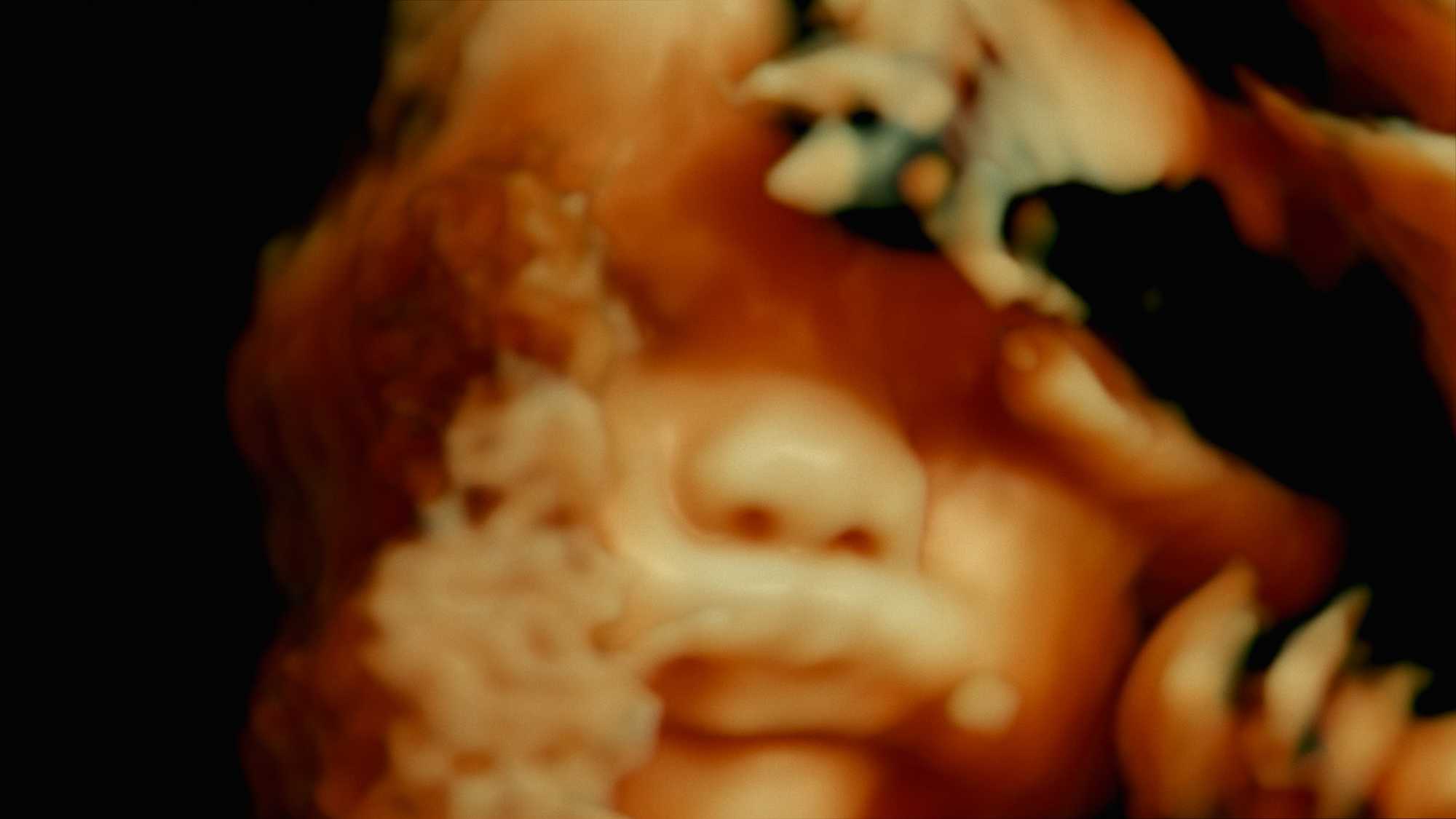Visionary and confrontational, the mysteries of the body are dissected with surgical precision in an unforgettable, extremely close-up look at human bodies, those who care for them, and the system that rules them all.

Through these directors’ eyes… bodies look wondrous and unsettling, macabre and beautiful, and often uncannily unfamiliar… A phantasmagorical journey through color and texture.
Screened as part of NZIFF 2023
De Humani Corporis Fabrica 2022
| Jul 23 | | ||
| Jul 24 | | ||
| Jul 29 | |
To call De Humani Corporis Fabrica – named after 16th century anatomist Andreas Vesalius’s ground-breaking text – a deep look into Parisian public hospitals is both strictly accurate and wildly misleading. At Cannes 2022, an unsuspecting audience intrigued by immersive, striking footage of subterranean parking lots and world-weary operating theatre conversations walked out in droves as the film turned to detailed intra-ocular surgery, an unflinching caesarean delivery, and a gruelling male urology procedure that leaves nothing to the imagination.
But while the latest film by Leviathan (NZIFF 2012) directors Véréna Paravel and Lucien Castaing-Taylor contains enough viscera to fuel our entire Incredibly Strange programme, their aim is not to induce queasiness. Fearlessly dogged anthropologists, the duo shot 350 hours of footage over five years in an exploration of not just the fabric of the human body but also the labour of keeping said bodies alive and healthy. Members of Harvard’s Sensory Ethnographic Lab (SEL), Paravel and Castaing-Taylor use their distinctive kinetic style and a bevy of customised cameras to illuminate our inner workings with uncanny close-up images both mysteriously beautiful and unsettling – particularly as we realise that certain surgical procedures are closer in spirit to Meccano or DIY home repair than we’d like to think.
Working with purely observational techniques – there’s no narration or talking-head interviews – miraculous microscopic vision is instead often underscored with workplace bickering and bragging or complaints about the Parisian property market, which become improbable yet apposite commentary on the actual procedure. “It looks like cotton candy”, notes one surgeon during brain surgery. More traditionally filmed passages, meanwhile, depict the macroscopic challenges the doctors face. Culminating with a workplace bacchanal in an (improbably) traditional French doctor’s dining room festooned with obscene pop-art Boschian murals, De Humani Corporis Fabrica is a singular, unforgettable experience. – Doug Dillaman